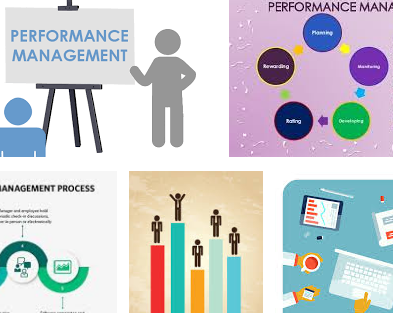As sustainability and Corporate Social Responsibilities (CSR) are converging within the agenda of commercial governance of businesses’, growing awareness of environmental and social impacts can have tangible financial consequences.
Although the low carbon economy considers the low consumption of energy and material, low-emission and low-pollution; the green movement is increasingly holding businesses to account for their environmental footprint.
The World Business Council for Sustainable Development (WBCSD) has long upheld on issues of business accountability, development reporting and transparency plus the ongoing obligation by business to commit and contribute to economic development and society as a whole.
While sustainability importance continues, businesses commitment to corporate energy efficiency and carbon reduction programs will gain the support of its broader stakeholders. Businesses must innovate and find ways to track their sustainability and CSR initiatives through stricter environmental regulations to meet the values of socially responsible stakeholders.
Change ensue ongoing corporate CSR action according to OECD that it is to mitigate the impact on climate change through the useful accounting framework and reporting emissions that met the WBCSD’s requirements of universally agreed protocols.
The reporting on economical sustainability issues could mean investing in tracking technology that ensure the successful integration of these systems into business operations to improve performance. Researchers suggest this includes setting priorities for their activities, and to effectively manage risks whilst enhancing their brands and reputations through stakeholders’ commitment. In this regards, the proper integrated management system can help determine opportunities to provide bottom-line cost savings, and track development together with initiatives to decrease their impact on the environment .
In the case of stakeholders’ accepting of industries’ risks and how the business focuses on sustainable business practices are the standing of recent instability. Research findings suggest investors and other stakeholders consider traditional financial reports do not make available sufficient scrutiny of businesses nor provide adequate information for investors to form an understanding on whether the business is sustainable in its operations. The GFC however tied together the evolution from reporting on CSR and sustainability issues, to reporting on how businesses consider the sustainability of the environment. Hence, the sustainability of the business drew new concern to the concept of integrated reporting.
While Vesty (2011) ascertains that the majority of respondent organizations had some form of sustainability manager involved in providing data for capital investment assessments, the 2010 OECD survey has evidence that businesses are undertaking leads outside their limits by involving in CSR and reporting by contributing to shaping the global policy debate. Businesses are increasingly receptive to collective expectations, accounting GHG emissions, creating group strategies to address climate change and thus contribute to a low-carbon economy. Businesses are careful not to discount the concerns of major stakeholders through moral understanding of expectations to preserving and improving their business reputation.
Businesses should accordingly ensure that their systems are capable of gathering and reporting the required emissions data. Carbon costs are crucial and should be integrated into capital budgeting for the business future investment to mitigate financial risks related to climate change.








